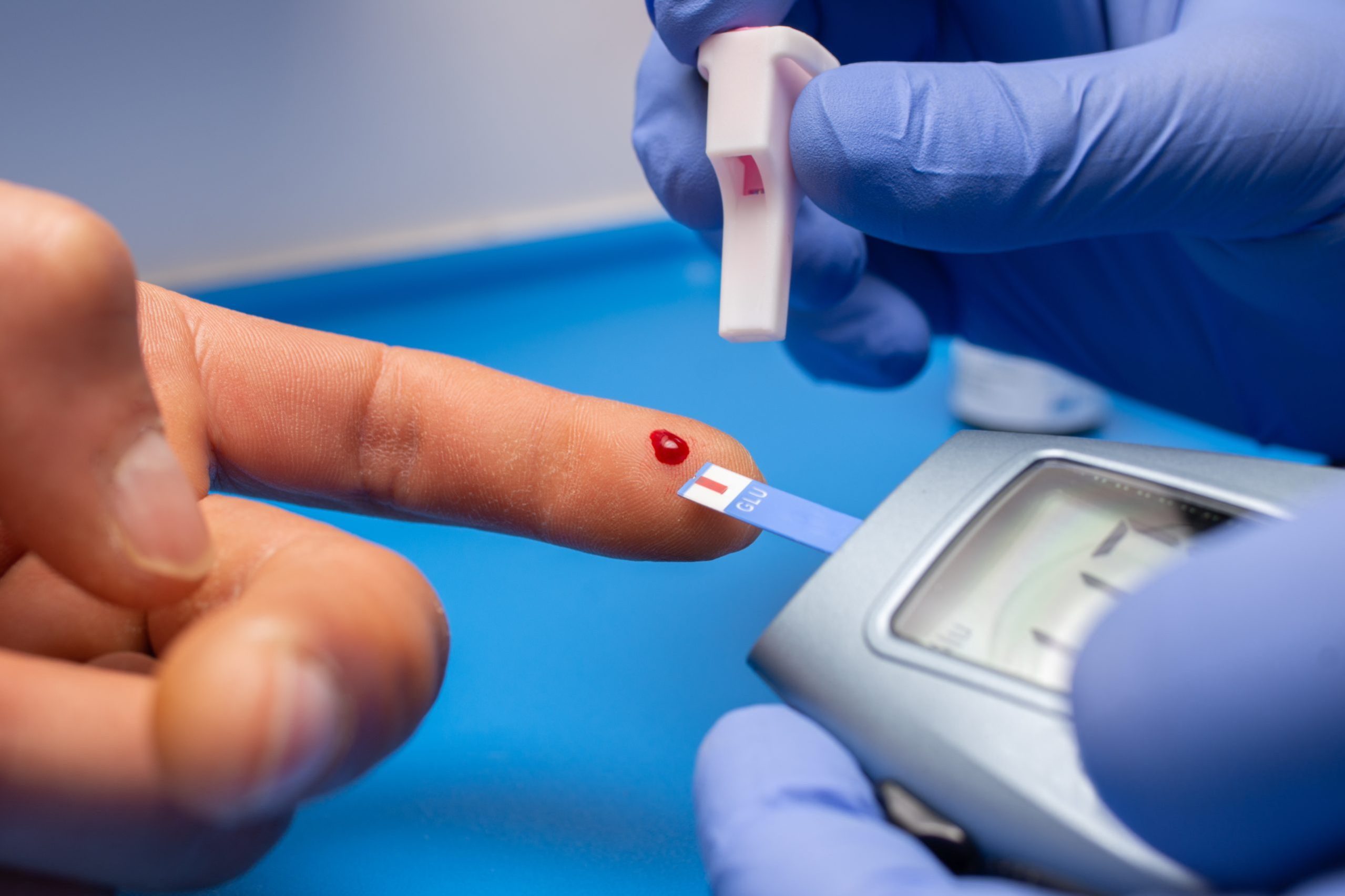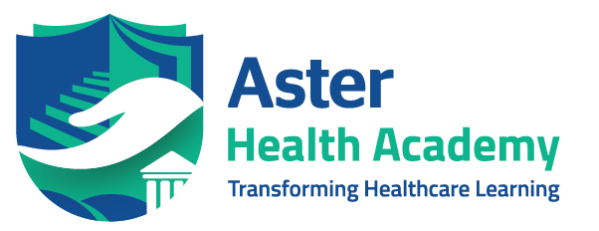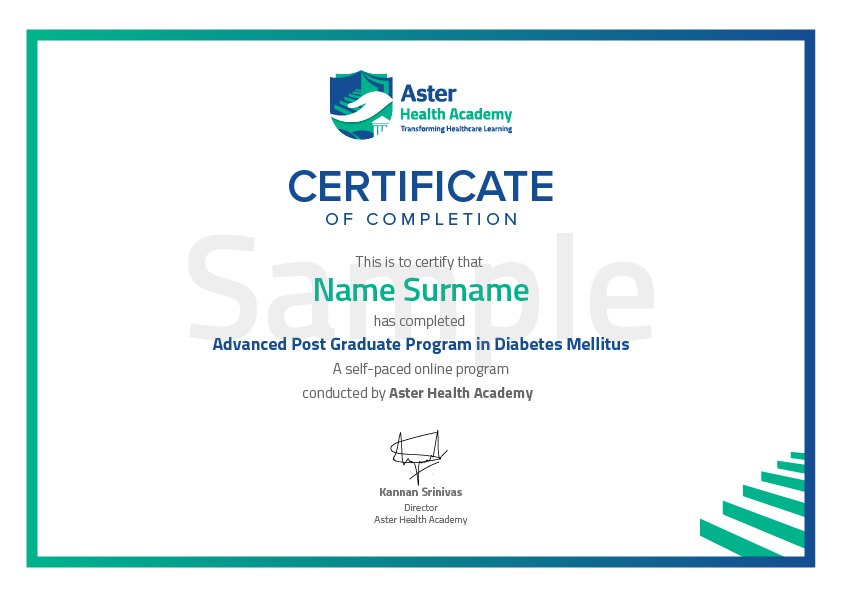
About the course:
Curriculum:
Module 1: Introduction to Diabetes
Module 2: Epidemiology of Diabetes
Module 3: Normal Anatomy and Physiology
Module 4: Biochemistry of Metabolism
Module 5: Role of Insulin in Metabolism
Module 6: Pathophysiology of Diabetes
Module 7: Clinical Manifestations of Diabetes Mellitus
Module 8: Diagnosis of Diabetes Mellitus
Module 9: Lifestyle Modifications and Prevention of Diabetes Mellitus
Module 10: Diabetes Management
Module 11: Transitioning to Insulin Therapy
Module 12: Diabetes Management in Specific Populations
Module 13: Management of Diabetes in Pregnancy
Module 14: Cardiovascular Disease and Risk Management
Module 15: Chronic Kidney Disease and Risk Management
Module 16: Retinopathy, Neuropathy & Foot care
Module 17: Obesity and Weight Management for Prevention and Treatment of Type 2 Diabetes
Module 18: Diabetes Care in the Hospital Setting
Module 19: Interventions in Diabetes , Future Directions & Novel Therapy
Who this course is for:
Sample Certificate:
Academic Team
Curriculum:
Module 1: Introduction to Diabetes
Module 2: Epidemiology of Diabetes
Module 3: Normal Anatomy and Physiology
Module 4: Biochemistry of Metabolism
Module 5: Role of Insulin in Metabolism
Module 6: Pathophysiology of Diabetes
Module 7: Clinical Manifestations of Diabetes Mellitus
Module 8: Diagnosis of Diabetes Mellitus
Module 9: Lifestyle Modifications and Prevention of Diabetes Mellitus
Module 10: Diabetes Management
Module 11: Transitioning to Insulin Therapy
Module 12: Diabetes Management in Specific Populations
Module 13: Management of Diabetes in Pregnancy
Module 14: Cardiovascular Disease and Risk Management
Module 15: Chronic Kidney Disease and Risk Management
Module 16: Retinopathy, Neuropathy & Foot care
Module 17: Obesity and Weight Management for Prevention and Treatment of Type 2 Diabetes
Module 18: Diabetes Care in the Hospital Setting
Module 19: Interventions in Diabetes , Future Directions & Novel Therapy








